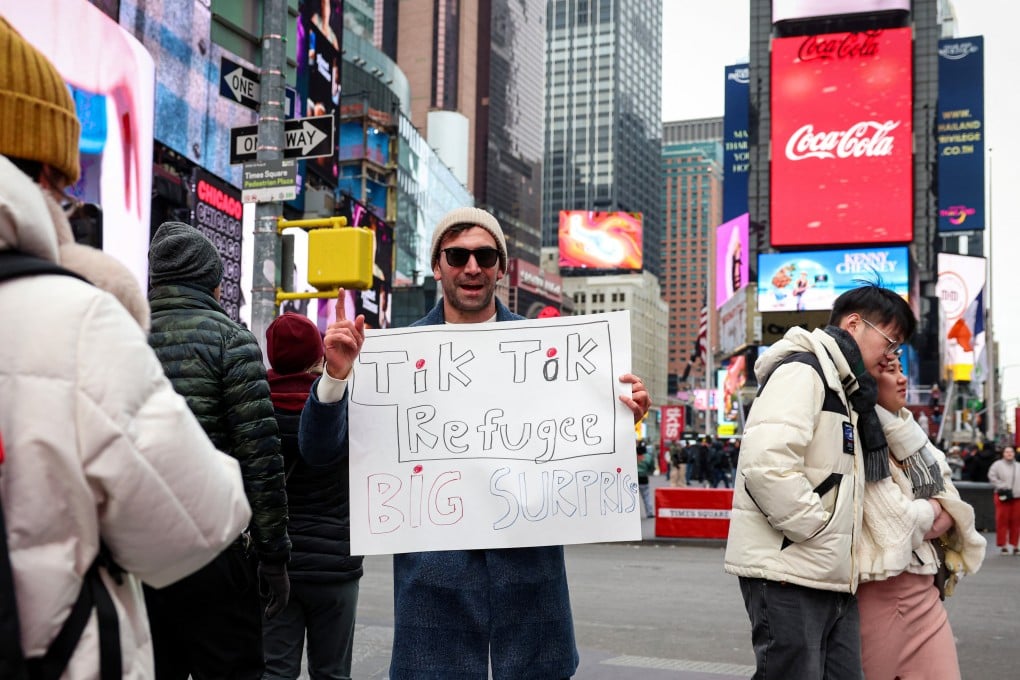Advertisement
Letters | For ‘TikTok refugees’ on RedNote, kindness should be the watchword
Readers discuss social media etiquette, Hong Kong think tanks, abuse of public housing, and a show of Hong Kong professionalism
Reading Time:3 minutes
Why you can trust SCMP
0

Feel strongly about these letters, or any other aspects of the news? Share your views by emailing us your Letter to the Editor at letters@scmp.com or filling in this Google form. Submissions should not exceed 400 words, and must include your full name and address, plus a phone number for verification
Most of us were surprised to witness the rare show of US-China camaraderie as American TikTok users flocked to RedNote, the Chinese social media platform also known as Xiaohongshu. These users, dubbing themselves “TikTok refugees”, began to download RedNote in the same week that TikTok was expected to go offline, thus making the Chinese app the No 1 free-to-use app in the US Apple app store.
Chinese users have welcomed the newcomers, posting guides for how to navigate the app and even asking Americans for help with English homework in a show of humour. However, there are already some concerning accounts of disrespect for Chinese users on the app.
Although this phenomenon brings new ways of transcending language barriers and allows American and Chinese internet users to have unique cultural exchanges, RedNote is inherently a Chinese platform and newcomers should join it with an open mind, a sense of respect for Chinese culture and kindness.
Sennett Shi, Tung Chung
Hong Kong think tanks must adapt to survive
The “dark winter” for Hong Kong think tanks (“Why are Hong Kong think tanks facing a bleak future?”, January 16) deserves some caveats and does not conform with our experience. Our institute has operated as an independent think tank in Hong Kong since 2006. Lean, purpose-driven and forced to operate with agility, we weathered the financial crisis of 2008, navigated the turbulence of 2019, and adapted to five years of pandemic restrictions and post-Covid economic malaise. It has not been easy.
Advertisement